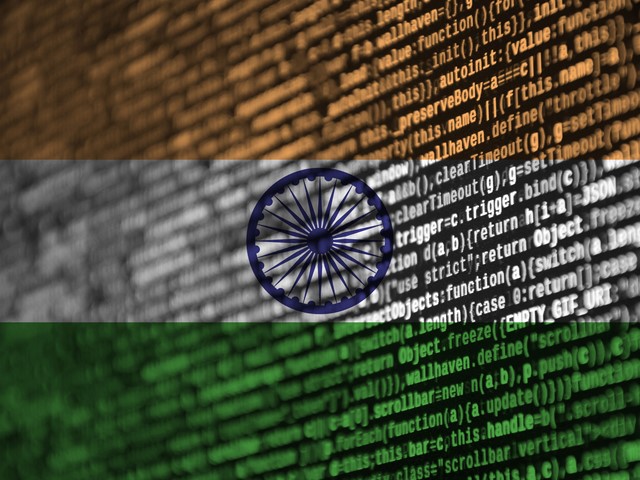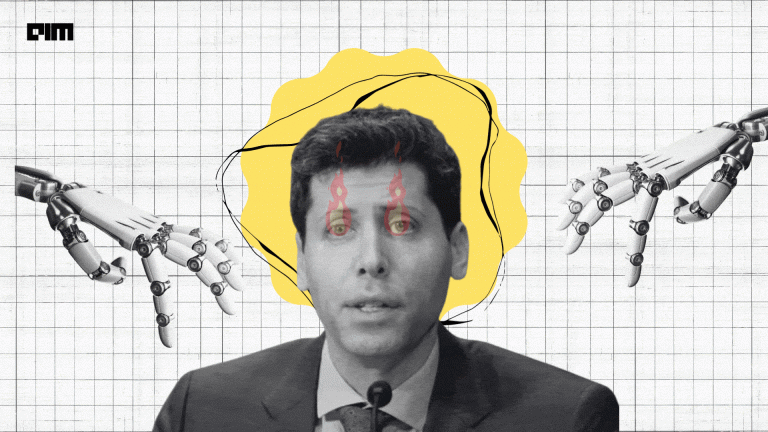|
Listen to this story
|
Honeywell Automation India Limited today announced that it has successfully implemented phase one of the Bengaluru Safe City project. Under the project, the company has committed to installing more than 7,000 CCTVs equipped with facial recognition systems, of which an estimated 4,100 have been already installed.
Honeywell Automation had bagged the contract for implementing the INR 496.67 crore police project to make Bengaluru a safe city for women in 2021.
The ‘Safe City’ Project was initiated by the Bengaluru Police in collaboration with the Ministry of Home Affairs (MHA) and is funded by the Nirbhaya Fund, which is managed by the Department of Economic Affairs, Ministry of Finance.
As part of the project, multiple ‘safety islands’ will be established in well-lit and easily accessible public places with continuous surveillance. These areas will provide prompt assistance to women as well as other vulnerable groups who will be able to use emergency call boxes to contact the department.
Out of the total proposed number of 50 safety islands, a total of 30 safety islands have already been put in place in the first phase. Out of the total 10 drones, 8 drones have already been deployed. Additionally, 400 body-worn cameras out of the total 560 cameras are currently being used by police officials in the city. A mobile command centre is also available at the disposal of the state law enforcement in an effort to shorten the response time.
In the subsequent phase of the project, there will be more efforts to merge these technologies and systems to provide a much smoother and interconnected smart city experience for Bengaluru’s residents.
It is noteworthy that Bengaluru Police and MHA are bearing the cost of the project at a 60:40 ratio amongst themselves. The city already boasts of 200,000 CCTVs and the police—under the Karnataka Public Safety Act—have access to the CCTVs of any establishment that gets at least 100 visitors a day. Hereafter, the city plans to bolster the number of cameras with 4K resolution to a total of 100 cameras that will be able to run the new facial recognition system.
CH Pratap Reddy, Commissioner of Police, Bengaluru, during an event by Honeywell on the completion of Phase-1, said, “We are happy to partner with Honeywell in this first-of-its-kind safe city project. Bengaluru is home to more than 11 million people, of which half are women. Honeywell’s state-of-the-art, advanced technology solutions will strengthen the Bengaluru City Police by improving real-time monitoring capabilities to make the city more safe and secure for all”.
The RTI responses received by a civil society group for internet liberties—Internet Freedom Foundation (IFF)—indicate that the primary purpose of the system is to recognise individuals based on their facial characteristics and generate notifications whenever the surveillance camera footage detects a person on the blacklist.
“The Facial Recognition System (FRS) should be able to match faces with images from its database/previous feeds, and track the past movements of these individuals. The system should generate alerts when a ‘blacklisted person’ is detected on the footage, or when someone is detected in an area where they are not permitted,” the RTI response from the Bengaluru police read.
The system is designed to capture facial images from real-time CCTV footage and conduct searches for matches by analysing facial features. Additionally, it will also have the capability to compare faces with images—along with previous video footage—stored in its database of individuals who have been blacklisted and monitor the past activities of such individuals.
The deployed solutions will aid in improving detection and response times for incidents through remote monitoring of public spaces as well as through real time data collection for future analysis.
Privacy and Ethical Concerns
The process of facial recognition technology involves using algorithms to extract various data points from a person’s face, which are then utilised to generate a digital signature of their face. This digital signature is then compared to an existing database in order to identify possible matches.
However, it is important to note that this technology has not yet achieved 100% accuracy, which can result in misidentification/false positives or failure to identify/false negatives. In addition to its inaccuracy, this technology can also pose significant threats to individuals’ fundamental rights, such as their right to privacy and freedom of expression. Despite these concerns, the use of facial recognition technology has been gradually increasing due to the development and deployment of various government projects across the country, as per the IFF report and tracker.
Analytics India Magazine reached out to Honeywell India Limited via email but did not receive a response at the time of publishing. The report will be updated once we receive a response.
Facial Recognition technology used in India
AI and facial recognition technology are being utilised by law enforcement in India, with an increasing prevalence of facial recognition technology (FRT) in recent years.
Currently, Indian authorities have installed 126 facial recognition technology systems (FRTs) throughout the country with an initial spending of INR 1,499.41 crore, according to the data from Internet Freedom Foundation (IFF), an Indian civil society group for internet liberties.
Among the states that deploy FRT systems, Maharashtra and Delhi record the highest number of FRT systems in use while states such as Uttar Pradesh, Bihar and The Union Territory of J&K deploy 3, 5 and 2, respectively.
FRTs are also being deployed in educational institutes, public offices and government establishments such as the Bhabha Atomic Research Centre, based in suburban Mumbai, for security purposes.
While in Bengaluru, this technology is used by government entities, police and other security/intelligence agencies. It is also being used at the Kempegowda International Airport as part of the Digi Yatra initiative as well as in other arenas like Namma Metro, Railway stations, and more. Here’s a list of how the authorities are using it in the state of Karnataka:
- Bengaluru Airport
On December 1, 2022, The Ministry of Civil Aviation launched DigiYatra at the airport to verify the identities of passengers.
M/s Dataevolve Solutions has built FRT-based Digi Yatra Central Ecosystem. The project is being implemented under the DigiYatra Policy to provide a hassle-free experience to passengers.
In order to acquire a DigiYatra ID, travellers must furnish personal information, including their name, email address, mobile number, and an authorised form of identification. Following the creation of their ID, passengers will need to undergo a single verification of their identity during their first trip at the departure airport. Following successful verification, the individual’s facial biometric data will be recorded. In terms of airport security, this will undoubtedly serve as a transformative development.
- Bengaluru Metro
The BMRCL in May 2022 announced that Bengaluru’s Namma Metro will soon be using FRT systems and AI in lieu of smart cards, tokens and passes at the automatic fare collection (AFC) gates of the Namma Metro stations.
In the first phase, the initiative was launched at the New Delhi, Varanasi and Bengaluru airports. In the second phase, it will be introduced at Kolkata, Pune, Vijayawada and Hyderabad airports, according to a PIB press release.
- District Court
The Kolar district and sessions court had also floated a tender on March 8, 2022, for a facial recognition biometric attendance machine.
- Railway Station
Through a press release dated January 9, 2020, the South Western Railway (SWR) had announced the pilot project of face recognition software being implemented in KSR Bengaluru. In mid-2021, it became the first railway station in the country to adopt the FRT system.
According to officials, KSR Bengaluru was selected because it is the station with the highest footfall in SWR. The installation of 157 AI-enabled cameras at the station, which cost INR 2.4 crore, has been completed. These cameras possess the capability to recognise individuals, even if they are wearing masks.
Since the implementation of this advanced surveillance system, a total of 47 individuals with prior criminal records have been identified within the station’s premises in a duration of 90 days.
Sanjeev Kishore, General Manager, SWR, told the New Indian Express that, “The aim of installation of facial recognition technology backed by artificial intelligence is to create a digital perimeter or boundary around the KSR railway station. Apart from taking our security apparatus to the next level, it also helps in tracing missing children and cracking down on touts at Passenger Reservation Centres”.
In a similar instance, facial recognition system (FRS) software used by the Delhi Police on a trial basis traced nearly 3,000 missing children in four days.



















































































